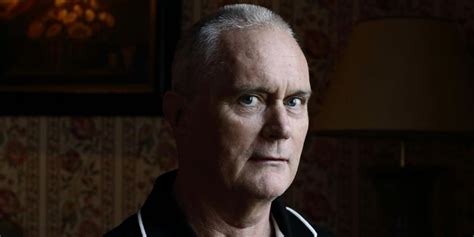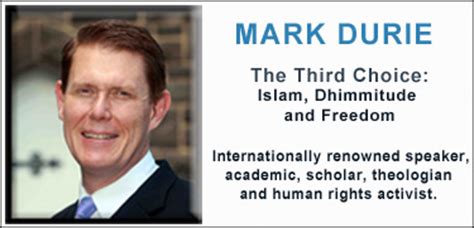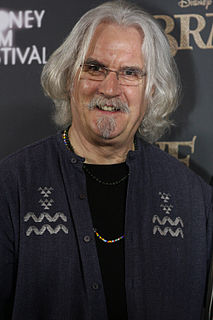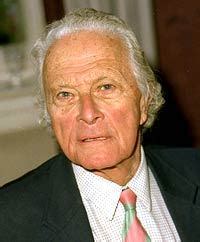A Quote by John Burdett
In the West, we've lost our intuitive understanding of how poverty shapes thinking.
Related Quotes
As a reporter, you know the tropes of how stories on poverty work in any country. A reporter will go to an NGO and say, "Tell me about the good work that you're doing and introduce me to the poor people who represent the kind of help you give." It serves to streamline the storytelling, but it gives you a lopsided cosmos in which almost every poor person you read about is involved with a NGO helping him. Our understanding of poverty and how people escape from poverty, in any country, is quite distorted.
Speaking as a Muslim in the West, I see a crisis in religious authority, we need Indigenous Muslim scholarship understanding the Western way of life and is able to use the understanding, using legitimate Islamic sources to bring more scholarship to our way of life in the west. There's a need for that.
The greatest disease in the West today is not TB or leprosy; it is being unwanted, unloved, and uncared for. We can cure physical diseases with medicine, but the only cure for loneliness, despair, and hopelessness is love. There are many in the world who are dying for a piece of bread but there are many more dying for a little love. The poverty in the West is a different kind of poverty -- it is not only a poverty of loneliness but also of spirituality. There's a hunger for love, as there is a hunger for God.





































